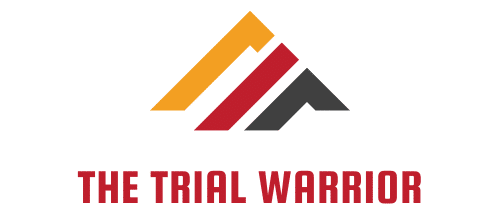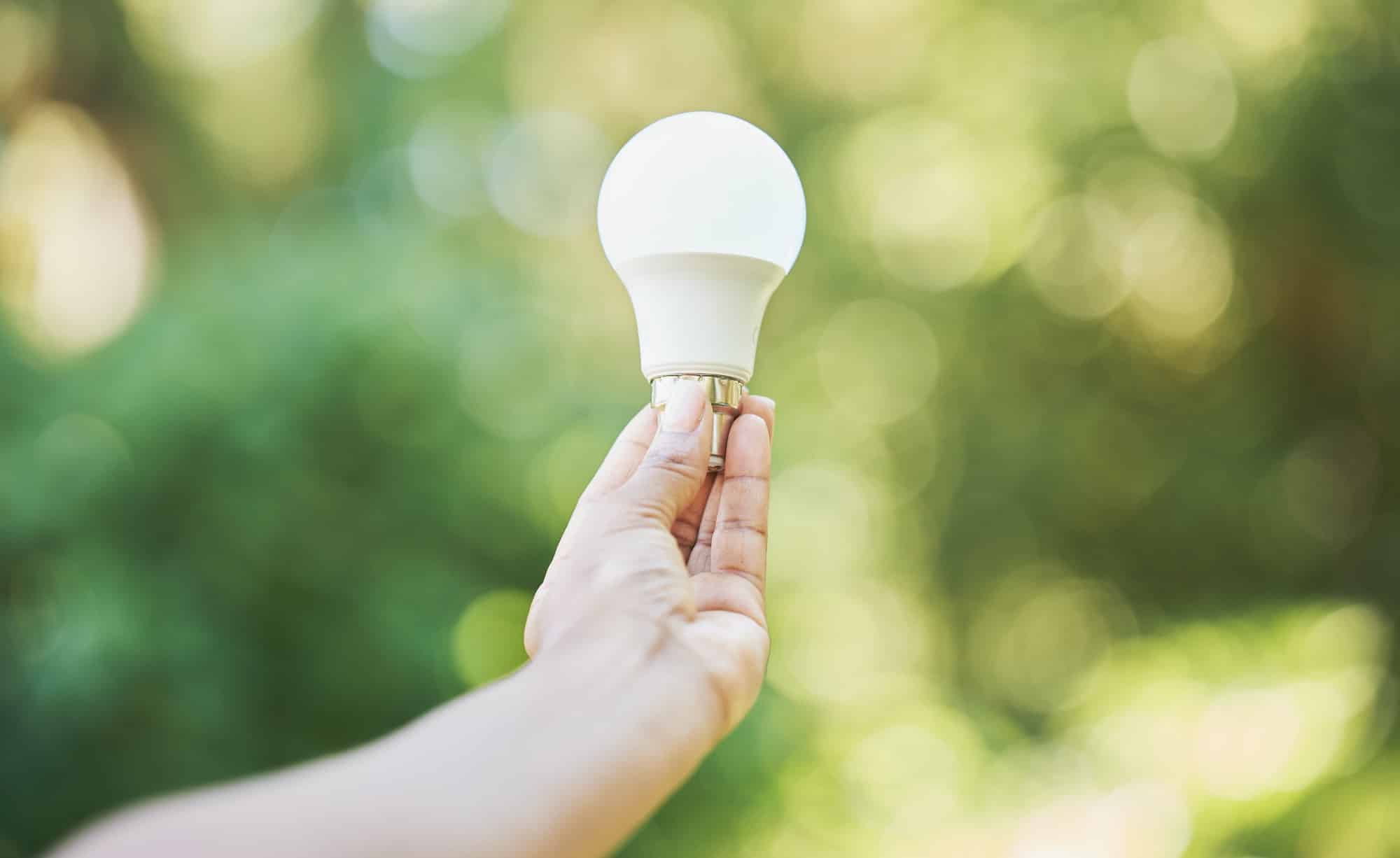As we find ourselves in this age of environmental awareness, the real estate market is undergoing a seismic shift. The millennials, a generation known for their eco-awareness, are now a major demographic in the housing market. Not surprisingly, their environmental concerns are shaping the way properties are built and marketed. So, how can real estate developers navigate this green revolution and appeal to these eco-conscious millennials? This article will examine various strategies, from sustainable building practices to creating green communities.
Creating Environmentally Friendly Homes
The first step towards attracting eco-conscious millennials to your properties is by creating environmentally friendly homes. Millennials are keen on reducing their carbon footprint and are more likely to invest in homes that align with this value.
En parallèle : How to Incorporate Electric Vehicle Charging Stations into Residential Developments?
Energy-efficient appliances, solar panels, and insulation that reduces the need for artificial heating and cooling are all features that should be considered when designing and building homes for this market. In addition to the use of eco-friendly materials, the design should also consider the long-term sustainability of the property. This includes things like ensuring that the home is easy to maintain and repair, which will also help to prolong its life and reduce waste.
Eco-friendly homes are not just about technical features, but are also about the overall design and layout. Open spaces that promote natural ventilation, large windows that allow for natural light, and the inclusion of green spaces such as gardens or green roofs are all features that can make a property more appealing to millennial buyers.
Lire également : How to Design Homes That Cater to Remote Workers’ Needs?
Building Sustainable Communities
For the eco-conscious millennial, the sustainability of the home is as important as the sustainability of the community it’s in. When it comes to real estate development, consider the broader impact of your properties on the local environment and community.
Building in locations that are close to public transportation or local amenities can reduce reliance on cars and decrease carbon emissions. Additionally, incorporating communal green spaces such as parks, vegetable gardens, or green roofs can promote a sense of community among residents while also providing environmental benefits.
Community-oriented features such as shared amenities like gyms, community halls, and bike racks can also make a development more appealing to millennials. These features not only promote a sense of community but also reduce the need for individual ownership of such facilities, thereby promoting a more sustainable lifestyle.
Marketing to Eco-Conscious Millennials
Once the property and communities align with millennial’s eco-friendly values, the next step is to effectively market these features to them. This doesn’t just mean listing the eco-friendly features of a home, but also demonstrating an understanding of the millennial values and concerns.
Marketing materials should emphasize the environmental benefits of the property and community, but also touch on aspects such as cost savings from energy efficiency, the health benefits of living in a green home, and the sense of community that comes with living in a sustainable development.
Social media is a powerful tool for reaching millennials, so make use of platforms like Instagram, Twitter, and Facebook to showcase your properties. Use high-quality images and videos to visually demonstrate the eco-friendly features of your homes, and share testimonials from happy residents to build trust with potential buyers.
Embracing Green Practices in Real Estate Development
To truly appeal to eco-conscious millennials, it’s not enough to simply market a property as ‘green’. Real estate developers must also adopt sustainable practices throughout their business.
This could involve reducing the environmental impact of construction practices, such as by recycling construction waste or using eco-friendly building materials. It also means considering the long-term impact of your developments on local communities and ecosystems and taking steps to mitigate any potential harm.
The Future of Real Estate: Eco-Friendly and Sustainable
In today’s world, sustainability is not just a trend, but a necessity. This is especially true in the real estate market, where millennials are driving demand for eco-friendly and sustainable properties.
Developers who understand and respond to this demand will not only be doing their part to protect the environment but will also be well-positioned to succeed in this new, green era of real estate. The future of real estate lies in creating sustainable homes, building eco-friendly communities, and embracing green practices throughout the business. By following these steps, you can appeal to eco-conscious millennials and create a successful, sustainable real estate business.
Leveraging Renewable Energy and Technology
The use of renewable energy sources is an incredible strategy to make real estate development more appealing to eco-conscious millennials. This generation is interested in technologies that not only reduce carbon footprints but also save money in the long term.
Solar panels are the most common form of renewable energy in homes today. They can be integrated into the design of the home or installed later. Studies have shown that homes with solar panels sell faster and at a higher price. Other forms of renewable energy, such as wind turbines or geothermal heating systems, can also be considered, depending on the location and size of the property.
Smart technology is another area that can appeal to the millennial demographic. This includes energy-efficient appliances and systems that can be controlled remotely via smartphone. For example, programmable thermostats, energy-efficient lighting systems, and smart power strips that turn off electronics when they’re not in use could be incorporated into the design of the property.
To further appeal to the environmentally conscious millennial, you could consider installing electric vehicle charging stations. As electric vehicles become more prevalent, having a personal charging station at home is a significant advantage.
Using Social Media for Effective Marketing
The importance of social media in marketing cannot be overstated, particularly when targeting a demographic as digitally savvy as millennials. They rely heavily on these platforms for information, making it an excellent avenue for real estate professionals to showcase their eco-friendly properties.
Instagram, with its visually-focused platform, is perfect for showcasing high-quality images and videos of your green real estate. Highlighting features like solar panels, open, energy-efficient living spaces, and community living amenities can effectively draw the attention of potential millennial buyers.
Twitter can be used to share articles and updates about the environmental impact of your properties and the benefits of sustainable living. Facebook, on the other hand, offers a more interactive platform where you can engage with potential buyers, answer questions, and even create virtual tours of your properties.
Remember to incorporate relevant hashtags in your posts to increase visibility. Also, consider partnering with influencers in the eco-living space to reach a broader audience.
Conclusion: The Greening of the Real Estate Market
In conclusion, real estate developers have a significant role to play in shaping the future of housing. The emphasis on eco-friendly and sustainable real estate reflects the changing dynamics of the market, driven by the demands and values of millennials.
Adopting and integrating green building practices, renewable energy, and technology into property design is crucial to attract this demographic. Furthermore, creating and enhancing community living spaces that promote sustainability and an environmentally conscious lifestyle will appeal to millennials’ desire for a sense of community.
Finally, an effective online presence, particularly on social media, will allow developers to reach and engage with millennials, showcasing the benefits and appeal of eco-friendly homes and communities.
Therefore, developers need to embrace this green revolution in the housing market. Not only will this lead to more sustainable and environmentally friendly practices in the industry, but it will also ensure their long-term success and profitability in the ever-evolving real estate market.











